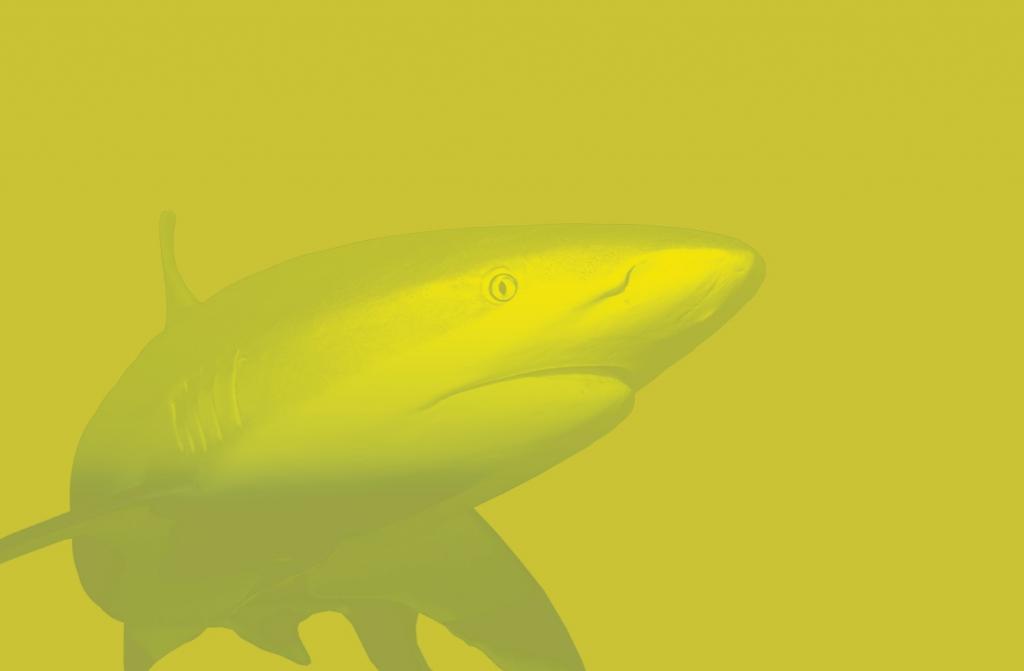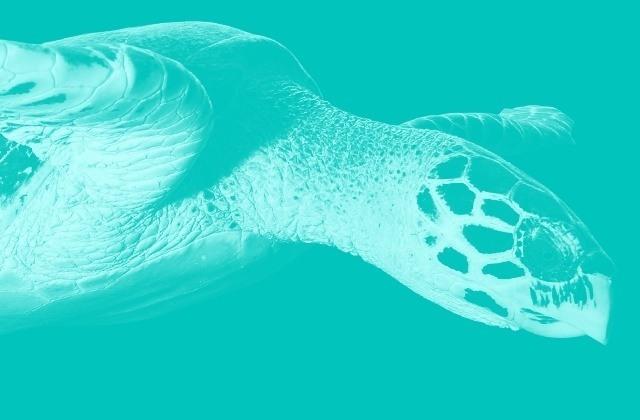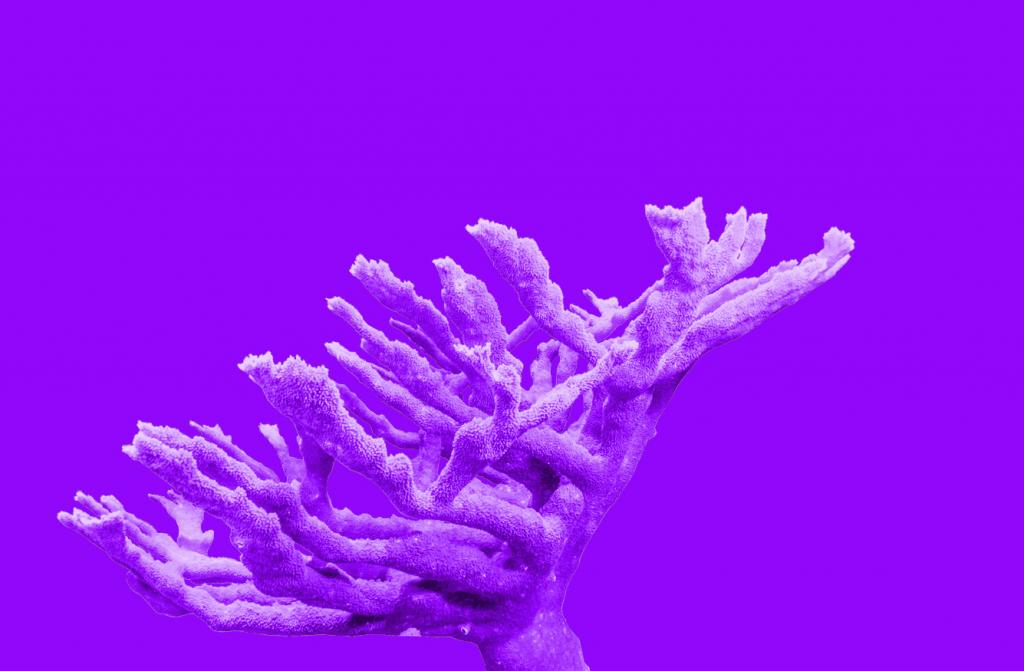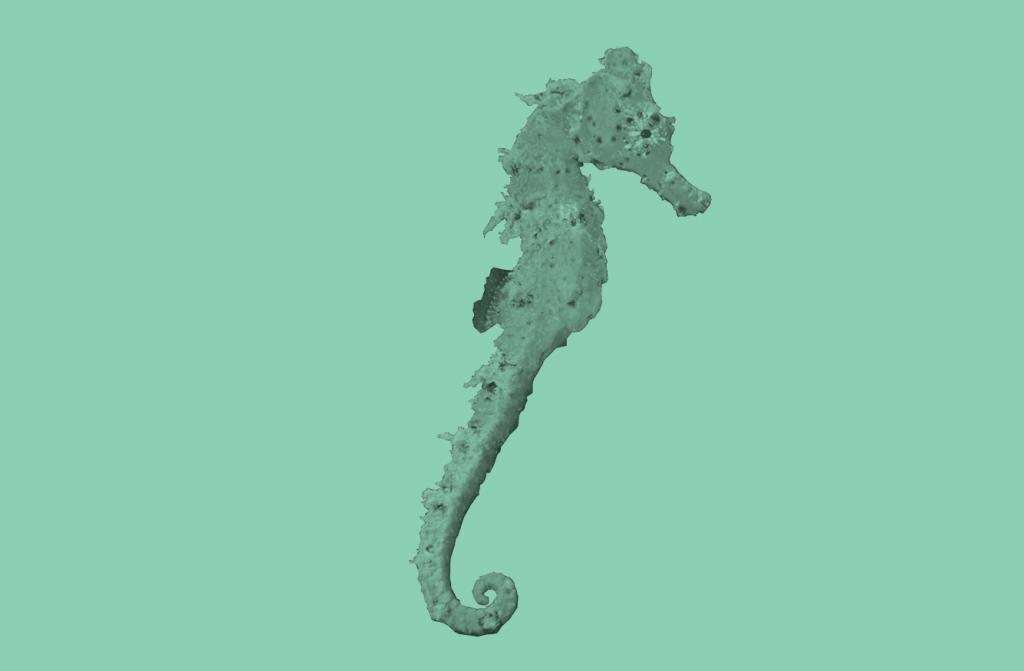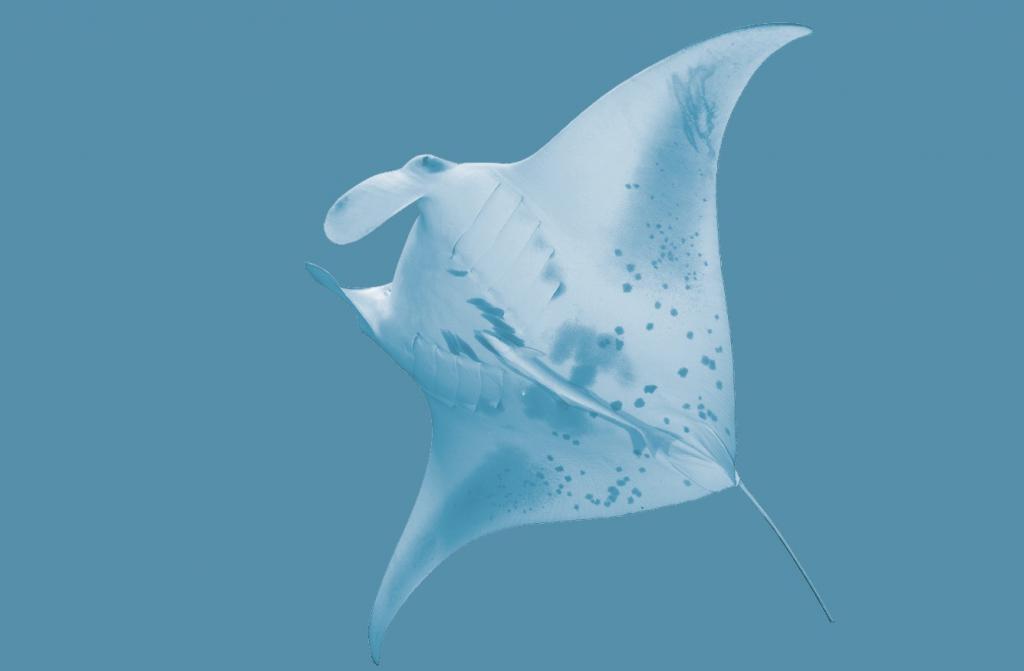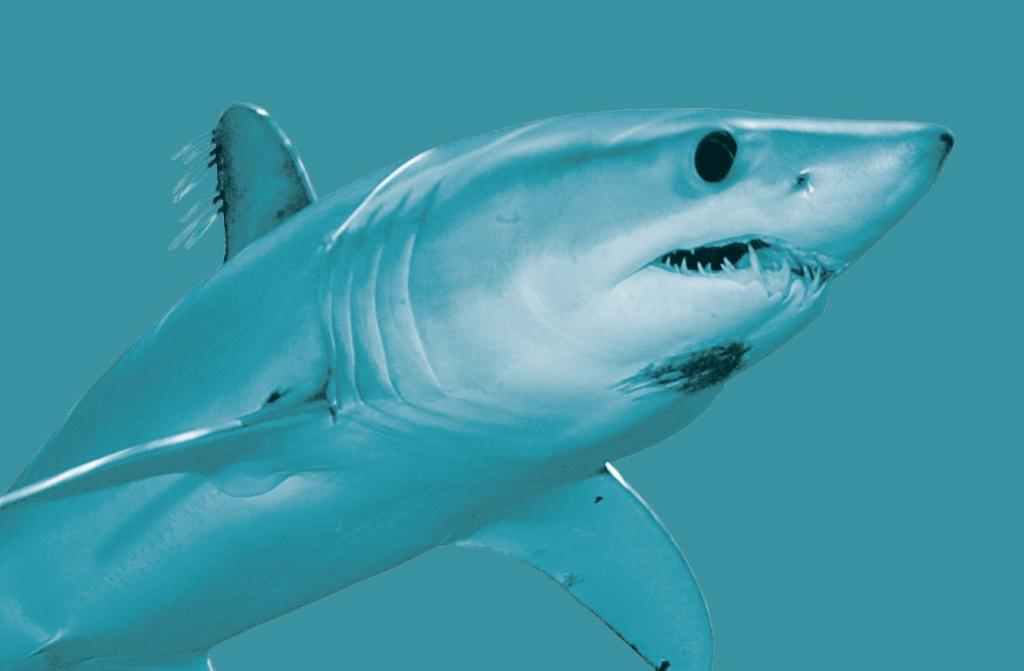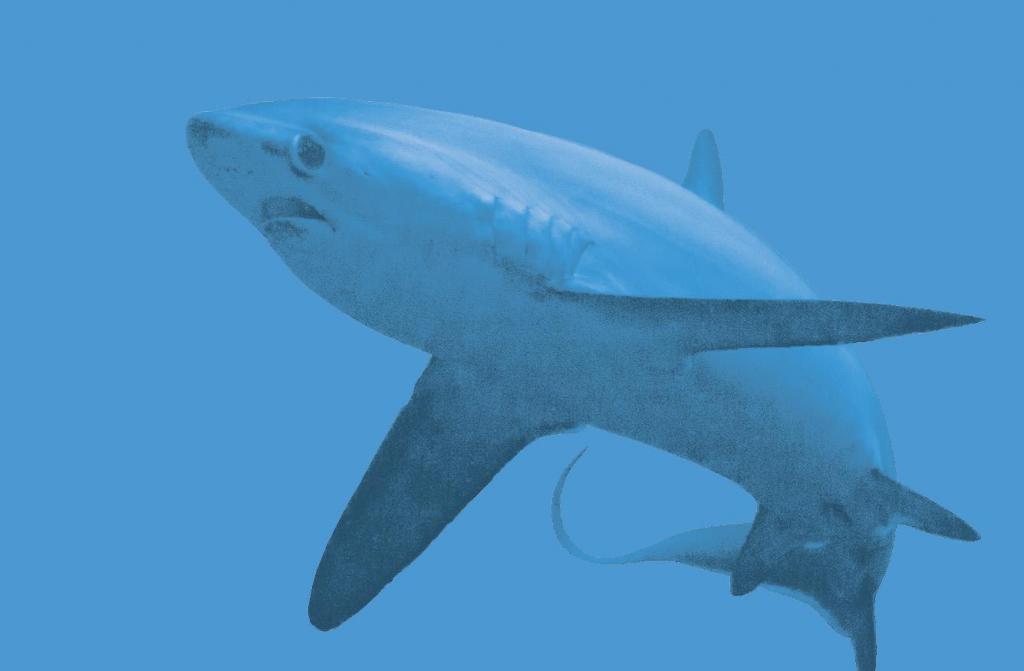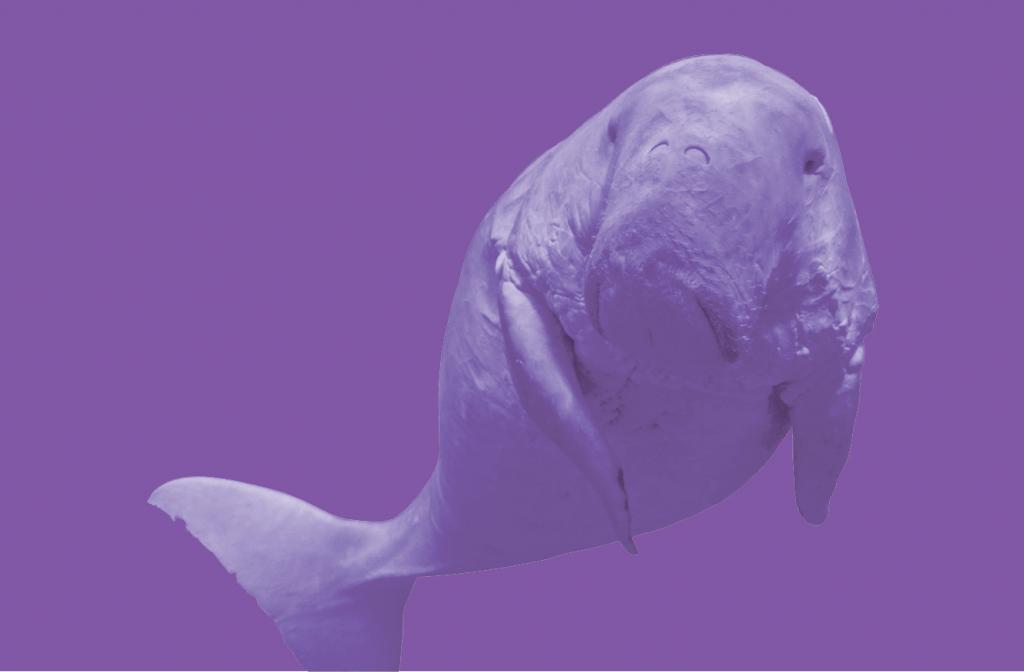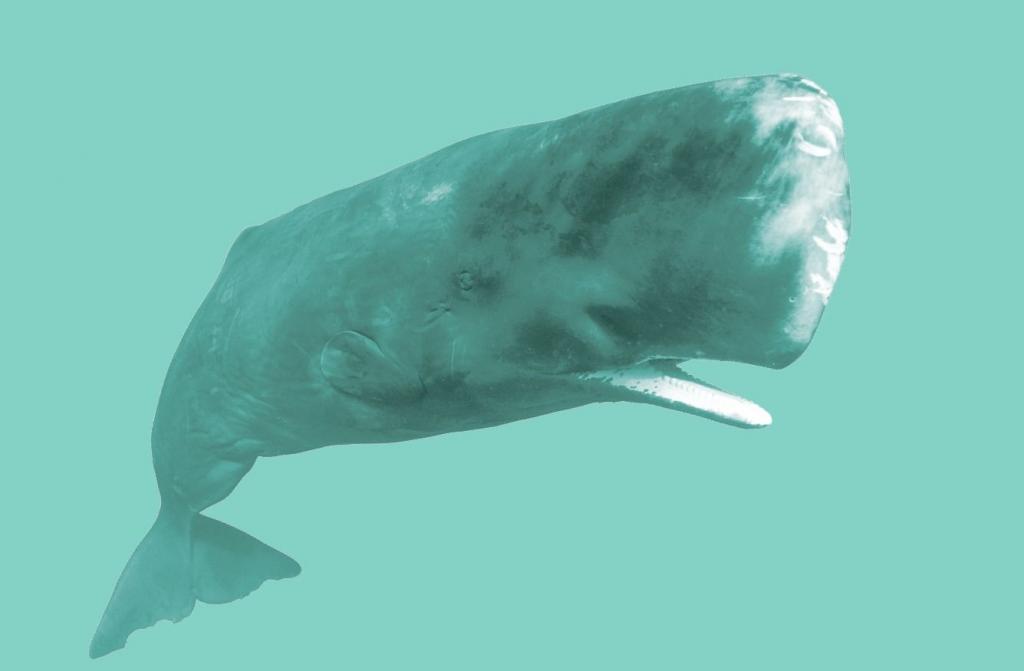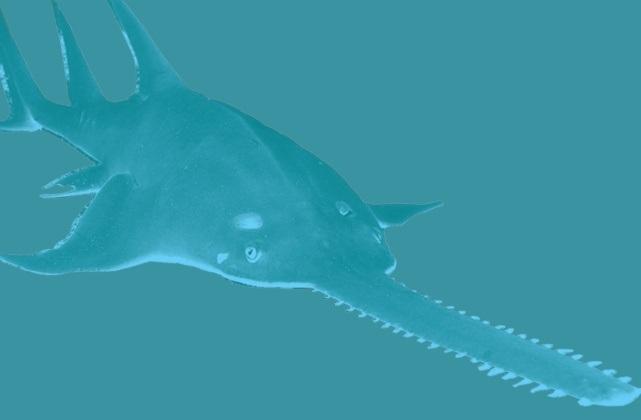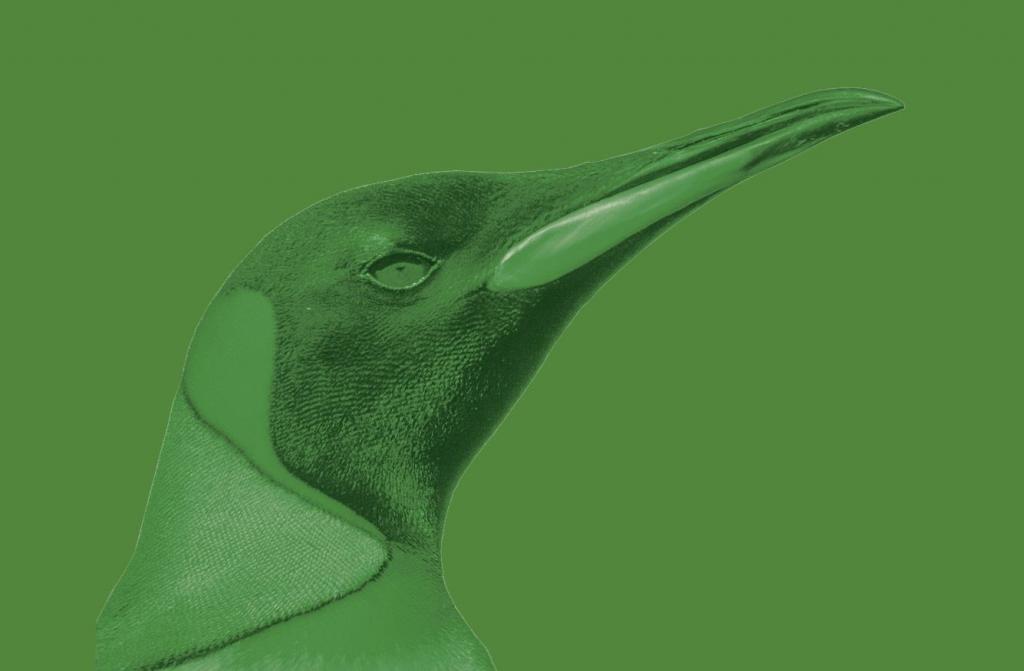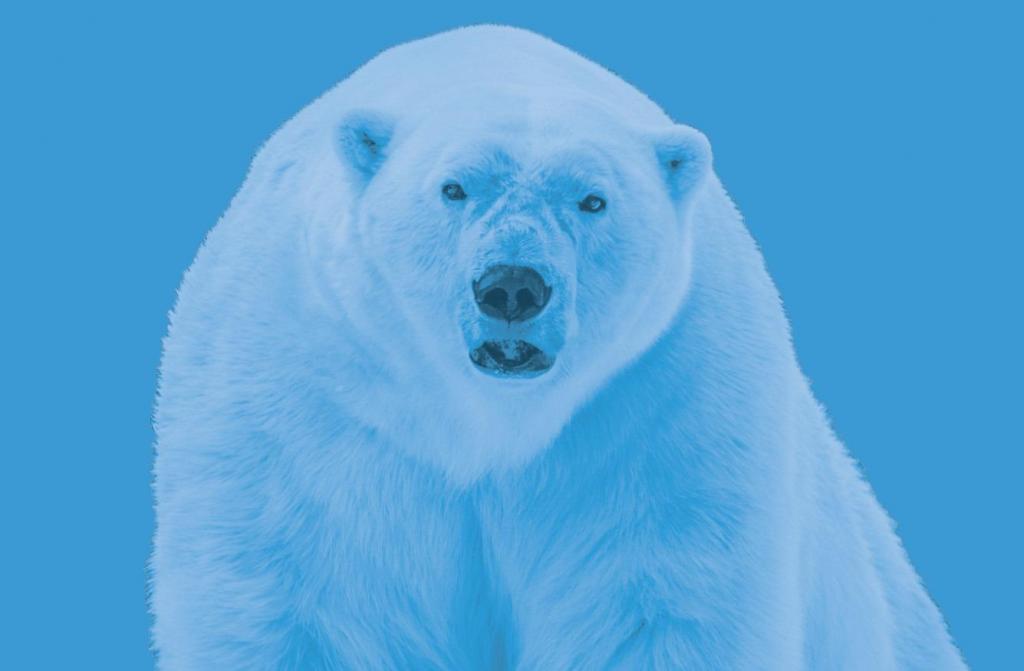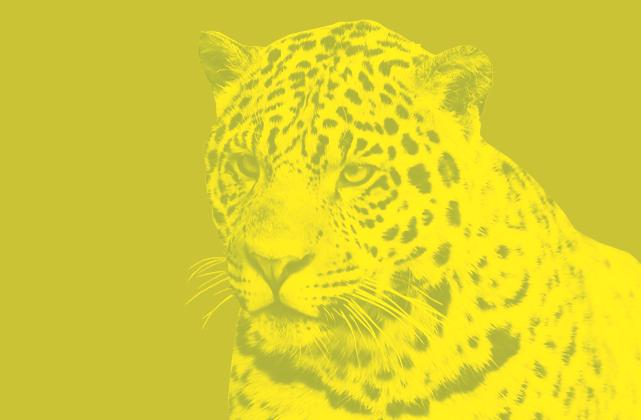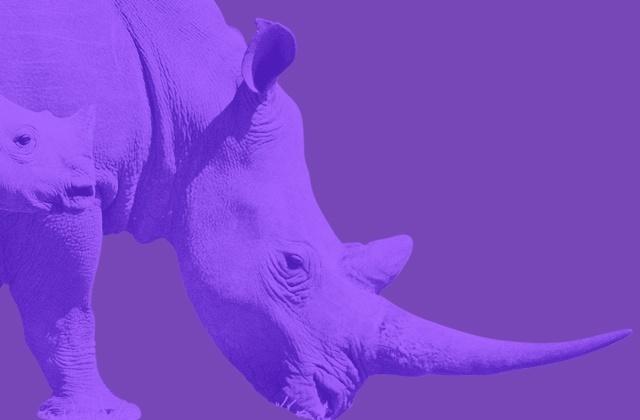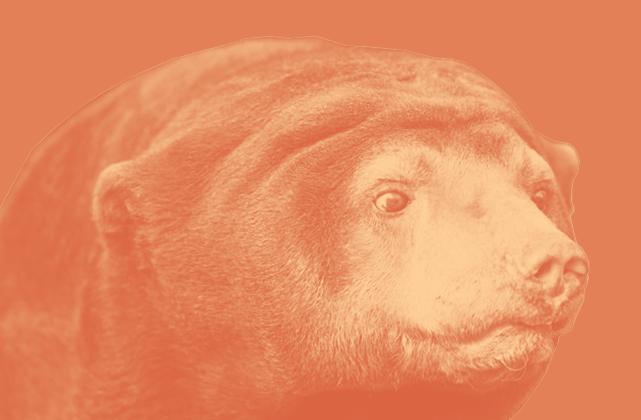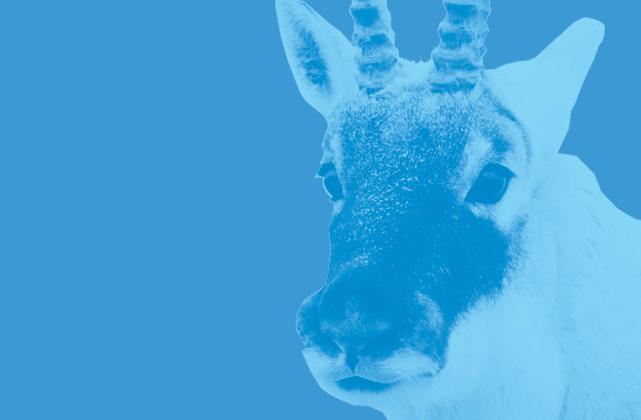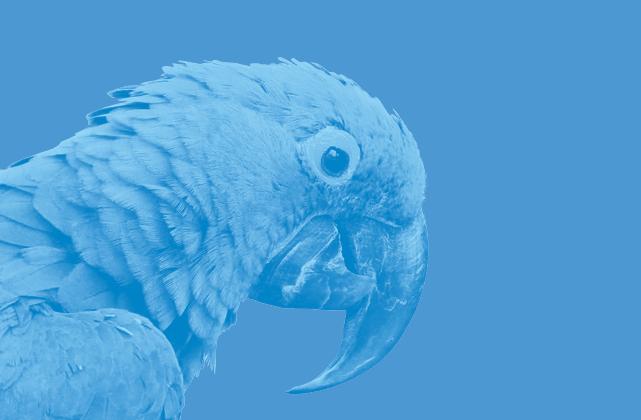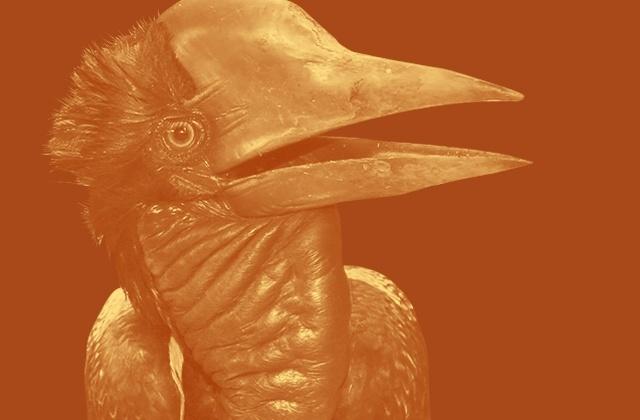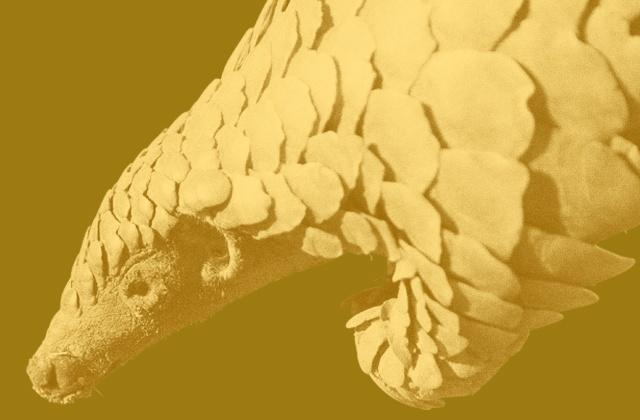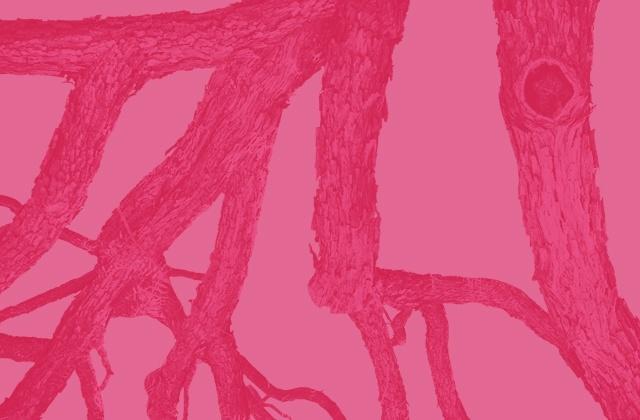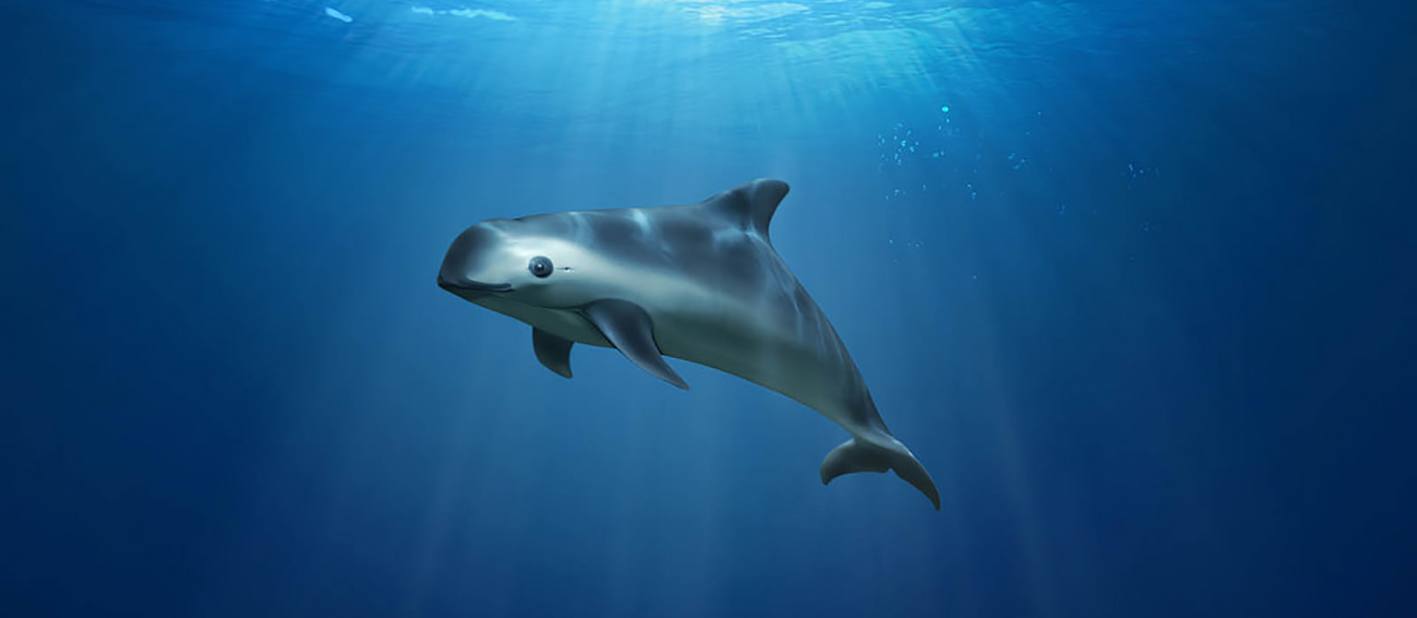
Vaquita
The elusive, shy and tiny Vaquita is a rare species of porpoise endemic (meaning that it exists no where else on planet earth) to the northern part of the Gulf of California (Sea of Cortez).
The Vaquita has been classified as one of the top 100 evolutionary distinct and globally endangered (EDGE) mammals in the world, but has also taken on the ominous distinction of the most endangered cetacean (aquatic mammals that include porpoises, whales and dolphins) in the world.
It has been listed as critically endangered since 1996. The population was estimated at 600 in 1997, below 100 in 2014, approximately 60 in 2015 and 30 by November 2016. Since 1997, the species has seen a 92% decrease in population and will soon be extinct unless drastic action is taken.
WHERE ARE THEY FOUND
Mexico’s Gulf of California (Sea of Cortez)
WHY THEY ARE IMPORTANT
Vaquitas exist as both predator and prey in their natural habitat. Preyed upon by members of the shark family, Vaquitas serve as important food sources for top predators. Conversely, they feed on species below them on the food chain—like small fish, squid, and crustaceans-- and help keep those populations in check. A healthy Vaquita population would support the Gulf of California’s ecosystems by balancing the populations of other species in an interdependent food web.
WHY THEY ARE THREATENED BY ILLEGAL TRADE
Vaquitas are indirectly threatened by illegal wildlife crime. This means they are negatively impacted by the trade in another endangered species—the Totoaba.
The Totoaba itself is an endangered fish that has the highest level of protection from CITES—no international trade is allowed—but is still illegally captured due to demand in China for its swim bladder, which is used in soup, considered a delicacy and also erroneously thought to have medicinal value. Vaquitas drown when they get caught in the huge gillnets used for commercial fishing and can’t get to the surface to breathe air.
HOW CAN YOU HELP
Because the Vaquita’s population is so small, preventing its extinction is dependent on permanently banning the use of gillnets in the Gulf of California and enforcing laws on fishing in that area. You can contribute to this cause by making informed purchases when buying fish and refusing to eat Totoaba, which is a CITES Appendix I species and illegal in the international trade. Ask shops not to carry Totoaba. You can also urge policymakers in Mexico to keep prioritizing the Vaquita’ s survival and for China to tightly monitor illegal wildlife crime and develop an immediate action and awareness plan for conservation of the Vaquita in China. Last but not least, you can spread the word about the Vaquita’s plight and inspire others to follow your lead. Together, we are a powerful force.
If you look around your classroom or office canteen, you may see more people than there are Vaquitas left on the planet.
